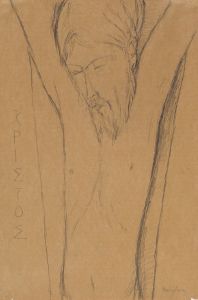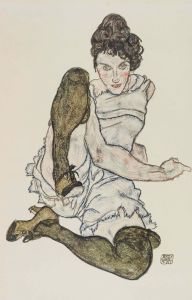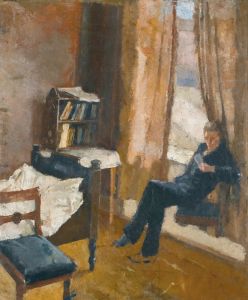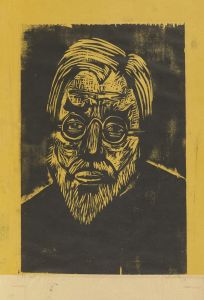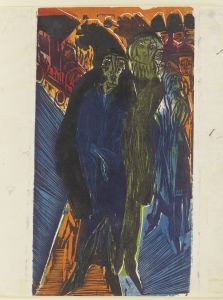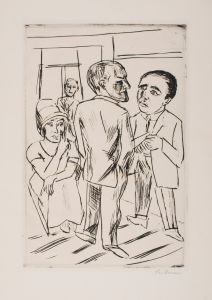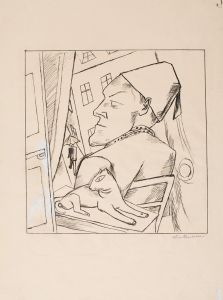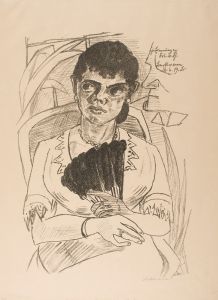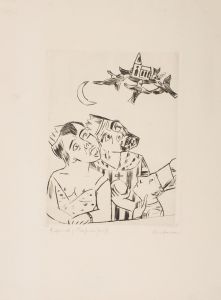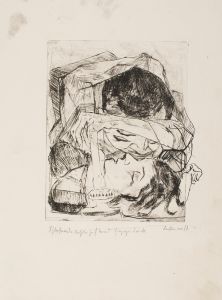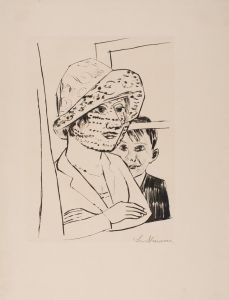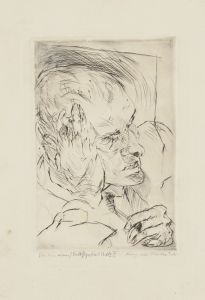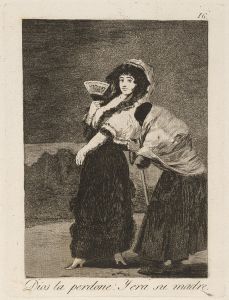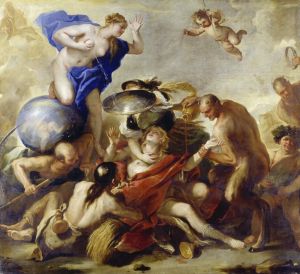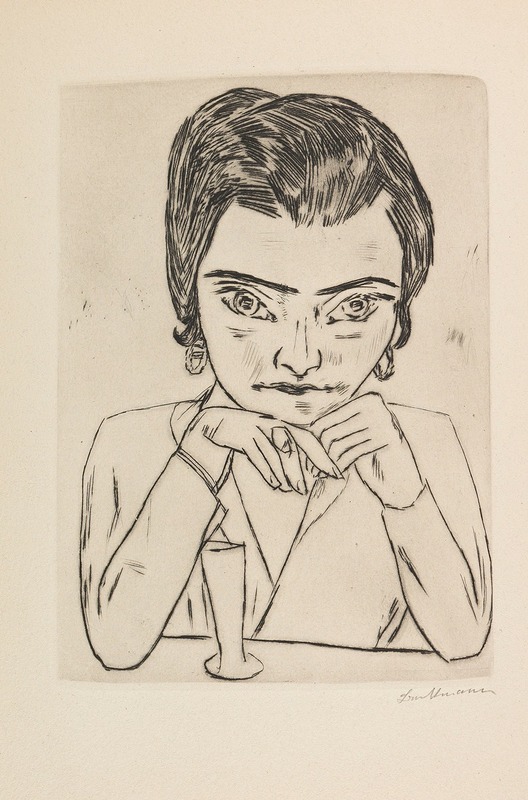
Max Beckmann. Vorzugsausgabe
A hand-painted replica of Max Beckmann’s masterpiece Max Beckmann. Vorzugsausgabe, meticulously crafted by professional artists to capture the true essence of the original. Each piece is created with museum-quality canvas and rare mineral pigments, carefully painted by experienced artists with delicate brushstrokes and rich, layered colors to perfectly recreate the texture of the original artwork. Unlike machine-printed reproductions, this hand-painted version brings the painting to life, infused with the artist’s emotions and skill in every stroke. Whether for personal collection or home decoration, it instantly elevates the artistic atmosphere of any space.
Max Beckmann was a prominent German painter and printmaker, known for his distinctive style that combined elements of Expressionism, New Objectivity, and a personal interpretation of modernism. His work often explored themes of existentialism, the human condition, and the tumultuous socio-political landscape of his time. One of his notable works is "Vorzugsausgabe," which translates to "Special Edition" in English.
"Vorzugsausgabe" is not a single painting but rather refers to a special edition of prints or a portfolio that Beckmann created. This term is often used in the context of printmaking to denote a limited edition of high-quality prints that are sometimes signed and numbered by the artist. Beckmann was highly skilled in the art of printmaking, and his prints are considered an integral part of his artistic oeuvre.
Max Beckmann's printmaking was characterized by bold lines, dramatic contrasts, and a keen sense of composition. His works often depicted scenes of urban life, mythological subjects, and allegorical themes, reflecting his deep engagement with the complexities of modern existence. Beckmann's prints are known for their psychological depth and narrative richness, often inviting viewers to ponder the underlying stories and emotions.
During his career, Beckmann experienced significant historical events that influenced his work. He served as a medical orderly during World War I, an experience that profoundly affected him and led to a shift in his artistic style. The rise of the Nazi regime in Germany further impacted his life and work. Beckmann's art was labeled as "degenerate" by the Nazis, leading to his eventual emigration to the Netherlands and later to the United States.
In the context of "Vorzugsausgabe," it is important to note that Beckmann's prints were often produced in collaboration with publishers and galleries that recognized the value of his work. These special editions were typically created for collectors and connoisseurs who appreciated the technical mastery and thematic depth of Beckmann's prints.
Beckmann's influence on modern art is significant, as he bridged the gap between traditional European painting and the emerging modernist movements of the 20th century. His work continues to be celebrated for its emotional intensity, innovative use of form and color, and its ability to capture the essence of the human experience.
While specific details about the content and themes of "Vorzugsausgabe" may not be extensively documented, it is clear that this body of work represents an important aspect of Beckmann's artistic legacy. His prints, including those in special editions like "Vorzugsausgabe," remain highly regarded by art historians and collectors alike, contributing to our understanding of Beckmann as a pivotal figure in the history of modern art.





